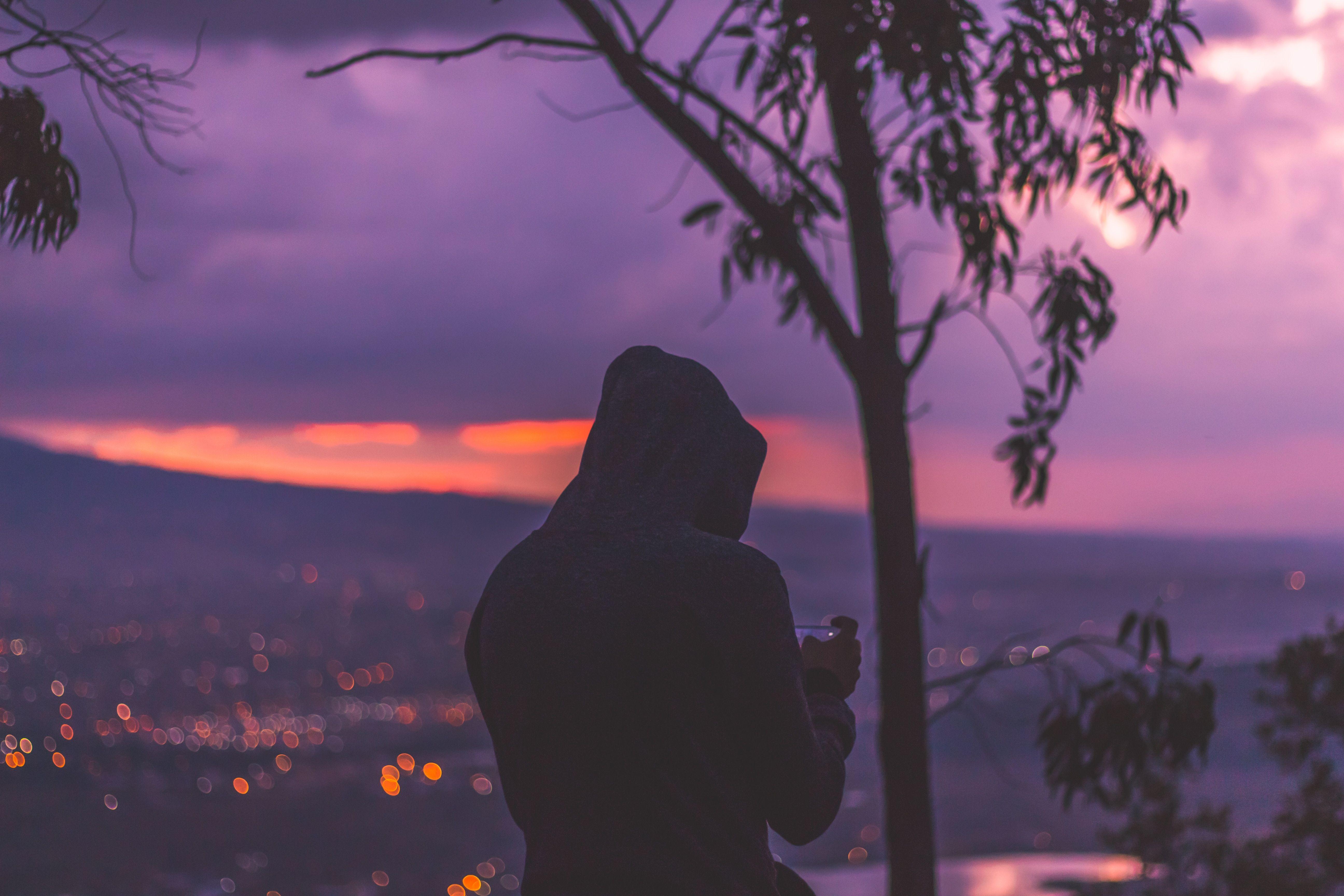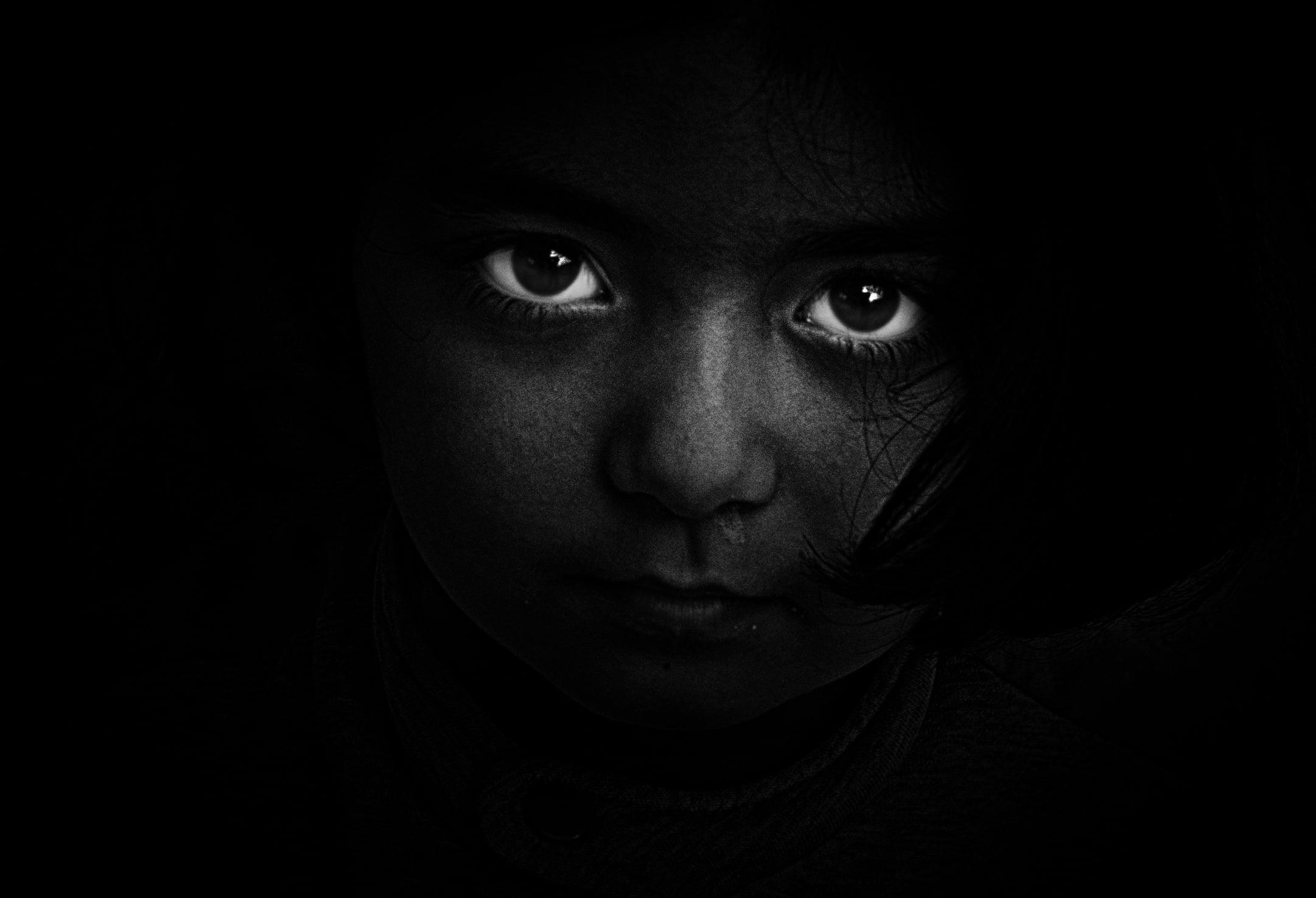Understanding The World Of Very Dark Person: A Deep Dive Into Their Lives, Challenges, And Strengths
Let’s talk about something that might not get as much attention as it deserves. The phrase "very dark person" isn’t just about skin tone; it’s about identity, culture, and experiences that shape who someone is. We’re diving deep into this topic, unpacking the layers of what it means to be a very dark person in a world that often overlooks or misunderstands their beauty and struggles. So, buckle up, because we’re about to explore some real talk.
You’ve probably seen the phrase "very dark person" being thrown around in conversations about race, beauty standards, and representation. But what does it really mean? Is it just about melanin levels, or is there more to it? The truth is, being a very dark person comes with its own set of triumphs, challenges, and stories waiting to be told. This article is all about shining a light on those stories.
Now, before we dive in, let’s set the stage. This isn’t just another article. It’s a conversation starter, a knowledge-sharing session, and a platform for voices that deserve to be heard. So, whether you’re a very dark person yourself or someone who wants to understand better, this is the place to be. Let’s get to it!
- Gena Okelley Wikipedia The Ultimate Guide To Her Life Career And Impact
- Hacks For Dayz Unlocking The Secrets Of Survival In A Postapocalyptic World
Table of Contents
- Biography of a Very Dark Person
- Exploring Identity
- Common Struggles Faced
- Redefining Beauty Standards
- Representation in Media
- Building Community
- Health Concerns and Care
- Empowerment and Advocacy
- Looking to the Future
- Final Thoughts
Biography of a Very Dark Person
Let’s start by painting a picture. A very dark person is someone whose melanin levels are off the charts, giving them a rich, deep complexion that’s often admired but also misunderstood. But beyond the surface, there’s so much more to their story. Here’s a glimpse into the life of a very dark person:
Who Are They?
Very dark people come from all walks of life. They could be from Africa, the Caribbean, South Asia, or even mixed backgrounds. Their stories are as diverse as their origins, but one thing ties them together: their melanin. This powerful pigment not only defines their appearance but also shapes their experiences in the world.
Biodata Snapshot
| Feature | Details |
|---|---|
| Common Origins | Africa, Caribbean, South Asia |
| Physical Traits | Deep, rich complexion |
| Cultural Influences | Variety of traditions, languages, and practices |
| Challenges Faced | Colorism, lack of representation, societal biases |
Exploring Identity
Identity is a big deal for very dark people. It’s about how they see themselves and how the world sees them. But here’s the kicker: identity isn’t just about skin tone. It’s about culture, values, and experiences. Let’s break it down:
- How Tall Is Caseoh In Feet Unveiling The Stats And The Story
- Peter Thiel And Matt Danzeisen The Powerhouse Duo Redefining Entrepreneurship
- Cultural Roots: Very dark people often have deep connections to their cultural heritage, which plays a huge role in shaping their identity.
- Personal Growth: As they navigate the world, their identity evolves, influenced by their experiences and interactions.
- Community Ties: Being part of a community that understands and celebrates their melanin is crucial for their self-worth.
Common Struggles Faced
Let’s not sugarcoat it. Being a very dark person isn’t always easy. There are challenges that come with the territory. Here are a few:
Colorism
Colorism is real, and it affects very dark people in ways that can be hard to comprehend. From being overlooked in media to facing bias in everyday life, colorism is a battle that many have to fight daily.
Lack of Representation
Representation matters, and when very dark people don’t see themselves reflected in media, it can take a toll on their self-esteem. But hey, things are changing, and we’ll talk more about that later.
Redefining Beauty Standards
Beauty standards have long been skewed towards lighter skin tones, but the tide is turning. Very dark people are redefining what beauty looks like, and it’s about time. Here’s how:
- Celebrating Melanin: Campaigns and movements are popping up to celebrate dark skin and all its glory.
- Breaking Stereotypes: Very dark people are proving that beauty isn’t one-size-fits-all.
- Empowering Others: By embracing their own beauty, they’re empowering others to do the same.
Representation in Media
Media plays a huge role in shaping perceptions, and for very dark people, representation is key. Here’s a look at how things are changing:
Positive Changes
We’re seeing more very dark people in movies, TV shows, and advertisements. It’s a step in the right direction, but there’s still work to be done.
Challenges Persist
Despite progress, challenges remain. Very dark people are still underrepresented in certain industries, and when they are represented, it’s often in stereotypical roles.
Building Community
Community is everything for very dark people. It’s where they find support, share experiences, and celebrate their melanin. Here’s how communities are making a difference:
- Online Platforms: Social media has become a hub for very dark people to connect and share their stories.
- Local Gatherings: Events and meetups bring people together in real life, fostering a sense of belonging.
- Advocacy Groups: Organizations are working tirelessly to promote equality and representation for very dark people.
Health Concerns and Care
Health is another important aspect to consider. Very dark people have unique skin care needs that often go unnoticed. Here’s what you need to know:
Skin Care Tips
From protecting against sun damage to addressing hyperpigmentation, very dark people have specific skin care concerns. But with the right products and knowledge, they can maintain healthy, glowing skin.
Access to Care
Access to quality healthcare is crucial, but unfortunately, very dark people often face barriers. Advocacy efforts are underway to ensure everyone gets the care they deserve.
Empowerment and Advocacy
Empowerment is about taking control of your narrative and advocating for change. Here’s how very dark people are making their voices heard:
- Speaking Up: Very dark people are using their platforms to raise awareness about issues that affect them.
- Creating Change: Through activism and advocacy, they’re pushing for a more inclusive and equitable world.
- Supporting Each Other: By lifting each other up, they’re building a stronger, more united community.
Looking to the Future
The future looks bright for very dark people. With increasing representation, advocacy, and awareness, the world is slowly recognizing their beauty and value. But the journey isn’t over yet. Here’s what to expect:
Continued Progress
As society evolves, so too will the experiences of very dark people. The goal is to create a world where melanin is celebrated, not marginalized.
Challenges Ahead
Of course, challenges remain, but with the right mindset and support, very dark people are ready to face them head-on.
Final Thoughts
So, there you have it. The world of very dark people is rich, complex, and full of potential. From identity and struggles to empowerment and advocacy, this journey is one worth exploring. If you’re a very dark person, remember that your melanin is your power. And if you’re someone who wants to understand better, keep learning and supporting the voices that matter.
Now, it’s your turn. Leave a comment, share this article, or dive into more content. Together, we can create a world where every shade is celebrated. Let’s keep the conversation going!
Article Recommendations
- Fluffy Wives In Comedy The Hilarious Side Of Love And Laughter
- Violet Summers Real Name Unveiling The Mystery Behind The Social Media Sensation



Detail Author:
- Name : Elias Bogisich
- Username : jacobs.sandrine
- Email : shirley68@turner.com
- Birthdate : 1990-08-25
- Address : 897 Mills Route Stiedemannport, OH 32633-3816
- Phone : +1-281-339-3136
- Company : Schamberger, Gutmann and Kerluke
- Job : Economist
- Bio : Sit exercitationem esse qui. Voluptas quia suscipit sit aliquam officiis. Harum maiores ut inventore harum.
Socials
twitter:
- url : https://twitter.com/opheliamohr
- username : opheliamohr
- bio : Laboriosam sunt eveniet eum ab adipisci. Beatae assumenda unde vel odit inventore id. Minus autem eaque sed.
- followers : 6985
- following : 1348
linkedin:
- url : https://linkedin.com/in/omohr
- username : omohr
- bio : Error tenetur totam est totam amet.
- followers : 5349
- following : 1823
facebook:
- url : https://facebook.com/ophelia_mohr
- username : ophelia_mohr
- bio : Quia dolorem sit qui enim eveniet sequi iusto.
- followers : 581
- following : 58
tiktok:
- url : https://tiktok.com/@ophelia.mohr
- username : ophelia.mohr
- bio : Sequi voluptatem esse quia. Inventore et natus quia animi.
- followers : 647
- following : 2207